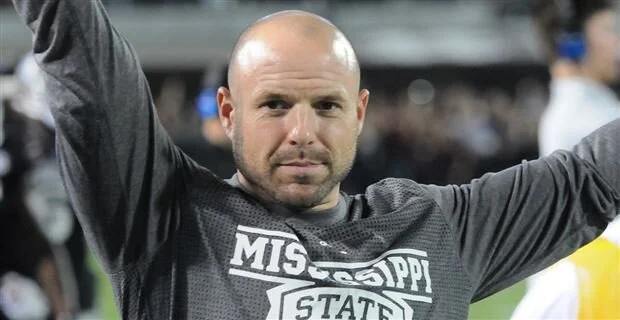What Is Marijuana?
• A greenish-gray mixture of the dried, shredded leaves, stems, seeds, and flowers of Cannabis sativa, hemp plant.
• Delta-9-tetrahydrocannabinol (THC) is the main active ingredient in marijuana, responsible for many effects.
• Can be over 300 additional chemicals in marijuana.
• Considered a “mind-altering psycho-active drug."
WHY SHOULD ATHLETES NOT USE MARIJUANA
• Illegal drug in some states.
• Strict drug policies as a student athlete, and NCAA student athlete.
• Loss of competition as result of positive drug test/selfish.
• Serious health concerns.
What are the Acute Effects of Marijuana?
• Impairs short-term memory.
• Impairs attention, judgment, and other cognitive functions.
• Impairs coordination, balance, distorted perception.
• Increases heart rate and drop in blood pressure.
• Inhaling smoke can cause dehydration.
• Psychotic episodes, feelings of anxiety and paranoia.
What are the Long Term Effects of Marijuana?
• Impairs memory and learning skills.
• Sleep impairment.
• Can lead to addiction.
• May damage the lungs, which may lead to cancer.
• Increases risk of chronic cough/bronchitis.
• Increases risk of schizophrenia in vulnerable individuals
• May increase risk of anxiety, depression, and amotivational syndrome.
Why does Marijuana Have an Effect on Athletic Performance?
• Impairs skills requiring hand-eye coordination and fast reaction time.
• Reduces motor coordination, tracking ability and perceptual accuracy.
• Impairs concentration, and time appears to move more slowly.
• Reduces maximal exercise capacity resulting in increased fatiguability.
• Increases heart rate while decreasing cardiac stroke volume, resulting in diminished peak performance.
• Because marijuana is stored in the body fat, its effect may be long-lasting. It has been shown that an athlete’s skill could be impaired for as long as 24 to 36 hours after usage.
Why does Marijuana have an effect on Athletic Performance? - Continued
• Reduces blood oxygen concentration, “I can’t catch my breath.”
• It inhibits sweating and temperature control.
• Decreases motivation to perform and/or give maximum effort (hydration, proper nutrition, taking care of yourself, hygiene, training, studying, etc…)
• Negates prior training responses. Takes 4-7 days to recover from usage.
What is Molly/Ecstasy?
• MDMA (3, 4-METHYLENEDIOXYMETHAMPHETAMINE). Pure crystalline powder form of the club drug MDMA, which in pill form is called ecstasy.
• Produces energy and euphoria but also may dangerously affect body temperature and cause confusion, depression, and sleep problems.
• Can contain other dangerous chemicals.
• Drug Abuse Warning Network’s study found that from 2004-2009 there was a 123% increase in number of emergency room visits involving MDMA taken alone or in combination with alcohol or other drugs.
Why should athletes NOT use Molly?
• Illegal drug
• Strict drug policies as a student athlete, and NCAA student athlete.
• Loss of competition as results of positive drug test/selfish.
• Serious health concerns.
What are the side effects of Molly usage?
• Paranoia, anxiety.
• Restlessness, sleep problems, sweating or chills may occur.
• Irritability, agitation.
• Depression.
• Fatigue.
• Jaw soreness from teeth grinding.
• Poor appetite.
• Muscle cramping.
• Thirst/Dehydration.
• Memory loss (Coach, what’s the play again?)
• Seizures.
• Electrolyte abnormalities, Hyperthermia (body temperature dangerously above normal)
• Cardiac episodes.
• Comas/Death.
Why does Molly have an effect on Athletic Performance?
• MDMA can enhance impulsiveness and make it difficult for a person to maintain attention during complex tasks (selective attention, divided and sustained attention, and complex attention tasks).
• Laboratory studies have demonstrated changes in cognitive, perception and mental associations, instability, uncoordinated gait, and poor memory recall.
• Distortion of perception, thinking, and memory, impaired tracking ability, disorientation to time and place, and slow reactions are also known performance effects.
• Single oral doses of MDMA causes subjective excitability, anxiety, perceptual changes, and thought disorders 1-3 hours post dose.
• Negatively effects training responses.
NO CONFUSION ON DRUGS
• WATCH OUT FOR YOUR FRIENDS.
• TRUST YOUR COACHES AND TRAINERS.
• DON’T BE SELFISH… BE EDUCATED.
• DON’T LOSE OUT ON WHAT YOU CAN BE.



